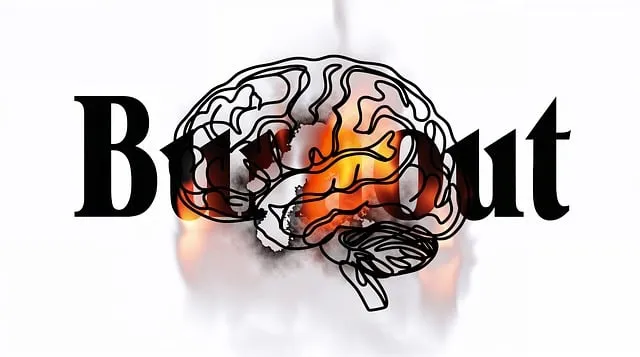Castle Rock's Kaiser facilities prioritize robust risk management in mental health care, ensuring positive patient outcomes. Their therapists excel through advanced understanding of coping techniques like mindfulness meditation, promoting safety, resilience, and open communication. By integrating self-care routines and comprehensive training in mood management, Kaiser cultivates a compassionate and competent therapist team, addressing "Castle Rock does Kaiser have good therapists?" effectively.
“In the realm of mental health care, where emotions run deep and vulnerability is paramount, effective risk management planning is essential. This article explores a strategic approach to safeguarding both therapists and clients in a professional setting, using innovative practices from industry leaders like Castle Rock and Kaiser. By delving into three key aspects—risk understanding, assessment, and mitigation—we uncover how these organizations foster resilient environments, ensuring their therapists provide quality care while managing potential risks.”
- Understanding Risk Management in Mental Health Practices
- Assessing and Mitigating Risks for Therapists and Clients
- Building a Resilient Framework at Kaiser, Similar to Castle Rock's Approach
Understanding Risk Management in Mental Health Practices

In the realm of mental health care, risk management planning is a cornerstone of delivering safe and effective services. For professionals at Castle Rock, understanding and implementing robust risk management strategies are vital to ensure positive patient outcomes. This involves a multifaceted approach that includes identifying potential risks, developing mitigation plans, and fostering an environment where coping skills development is prioritised. By integrating practices such as mindfulness meditation into daily routines, therapists can enhance their ability to manage stress and maintain resilience, ultimately benefiting both the practitioner and the client.
When considering the question of whether Kaiser has good therapists in areas like Castle Rock, a strong risk management framework becomes a key indicator. Mental health awareness and education play a significant role in this process. Therapists equipped with knowledge about various coping techniques, including mindfulness meditation practices, are better prepared to navigate complex situations. This not only ensures patient safety but also fosters an inclusive and supportive environment that encourages open communication and positive transformations, making Kaiser’s therapists a trusted choice for those seeking mental health support.
Assessing and Mitigating Risks for Therapists and Clients

Mental health professionals, such as those at Castle Rock’s Kaiser facilities, face unique challenges that require robust risk management planning. Assessing and mitigating risks is not just about ensuring client safety; it’s a cornerstone for fostering healthy therapeutic environments. This involves proactively identifying potential hazards—from burnout to ethical dilemmas—and implementing strategies to minimize their impact. One effective approach is adopting comprehensive self-care routines, which are crucial for maintaining therapists’ emotional well-being and preventing professional exhaustion.
Promoting self-care routine development among mental health professionals can significantly contribute to risk mitigation. Encouraging therapists to prioritize their own mental health through techniques like mindfulness, regular exercise, and adequate sleep, mirrors the care they provide to clients. By fostering a culture of emotional well-being promotion within the therapy setting, professionals at Castle Rock’s Kaiser can create a supportive environment that enhances therapeutic outcomes while mitigating risks associated with stress and burnout.
Building a Resilient Framework at Kaiser, Similar to Castle Rock's Approach

At Kaiser, a renowned healthcare institution, a resilient framework for mental health services has been meticulously crafted, mirroring the effective approach employed by Castle Rock. This strategy focuses on fostering an environment that not only supports therapists but also empowers them to navigate complex client scenarios with resilience. By integrating mind over matter principles, Kaiser aims to strengthen therapists’ well-being, enabling them to provide exceptional care despite the demanding nature of their work.
The framework involves comprehensive training programs designed to equip professionals with advanced mood management techniques and strategies for dealing with the mental illness stigma reduction efforts. This holistic approach recognizes that a healthy and resilient workforce is pivotal to delivering high-quality mental health services, ensuring patients receive the best possible care in an empathetic and supportive setting. Therefore, by adopting similar strategies as Castle Rock, Kaiser demonstrates its commitment to building a robust and compassionate team of therapists.
Mental health professionals must navigate complex risks daily. By understanding these risks, assessing them proactively, and adopting resilient frameworks like that of Castle Rock or Kaiser, therapists can create safer environments for both themselves and their clients. These strategies not only ensure the well-being of practitioners but also enhance client outcomes by fostering secure and supportive relationships. When organizations prioritize risk management, as both Castle Rock and Kaiser do, they contribute to a thriving mental health care system centered on resilience and healing.






